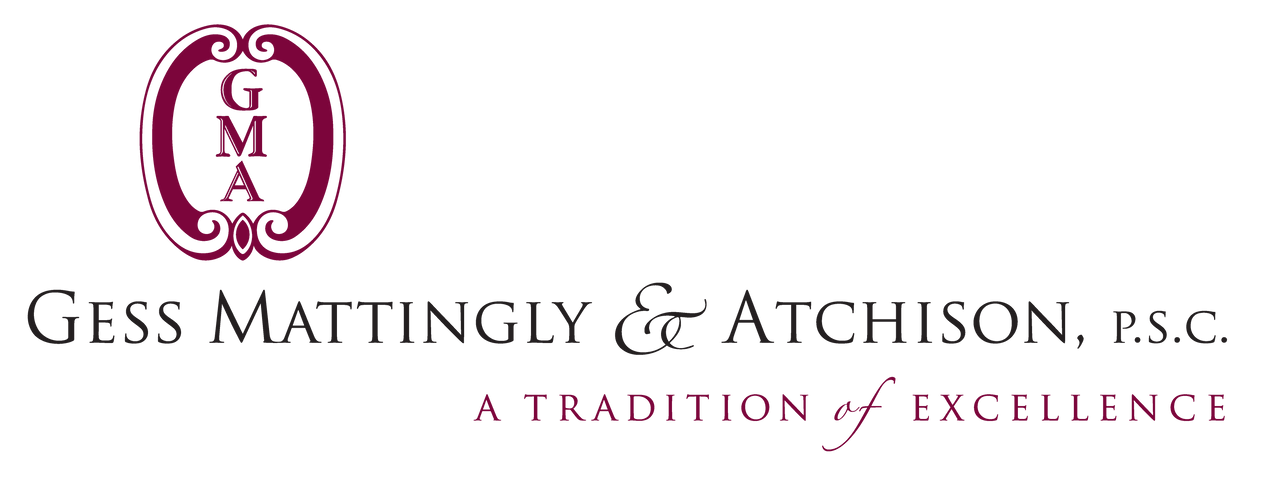
If you are feeling overwhelmed by the amount of debt you owe, declaring bankruptcy may be the most viable solution for regaining your financial footing. However, before starting the filing process, it’s crucial to carefully weigh your options. There are two types of personal bankruptcies: Chapter 7 and Chapter 13. Although both can help you reach your debt relief goals, they vary greatly from one another. You will need to know exactly how bankruptcy law distinguishes the two before you can make the right filing decision for your particular situation. Below is an overview of the key differences between Chapter 7 and Chapter 13 bankruptcies.
Chapter 7 Bankruptcy
For those who are eligible, Chapter 7 bankruptcy is designed to wipe out unsecured debts completely. It is also known as a liquidation bankruptcy because a debtor’s non-exempt property is subject to being taken and sold to pay creditors a portion of what they are owed. Qualification for Chapter 7 is based on earnings. Bankruptcy law requires applicants to pass a means test that shows they don’t have enough disposable income to pay down debts. A Chapter 7 bankruptcy typically takes a few months to complete and will stay on a debtor’s credit report for about 10 years on average.
Chapter 13 Bankruptcy
In contrast, Chapter 13 bankruptcy is a reorganization bankruptcy. Instead of having debts discharged, debtors are allowed to reorganize what they owe into an affordable payment plan. There is no threat of losing property, and it’s much easier to avoid foreclosure and repossession. The eligibility requirements stipulated by bankruptcy law are that applicants have steady income and their debts don’t exceed a certain amount. A Chapter 13 bankruptcy will last three to five years and generally stay on credit reports for approximately seven years.
Declaring bankruptcy is an important decision, and the attorneys at Gess Mattingly & Atchison, P.S.C. want to ensure you have all the information you need to make informed and confident choices. For more than six decades, they have helped residents throughout Lexington and central Kentucky determine which chapter will be the most effective at eliminating debt in their particular circumstances. They are well-versed in bankruptcy law and can significantly increase your odds of achieving a fresh financial start. Contact them at (859) 252-9000, or visit their website to learn more.
About the Business
Have a question? Ask the experts!
Send your question

